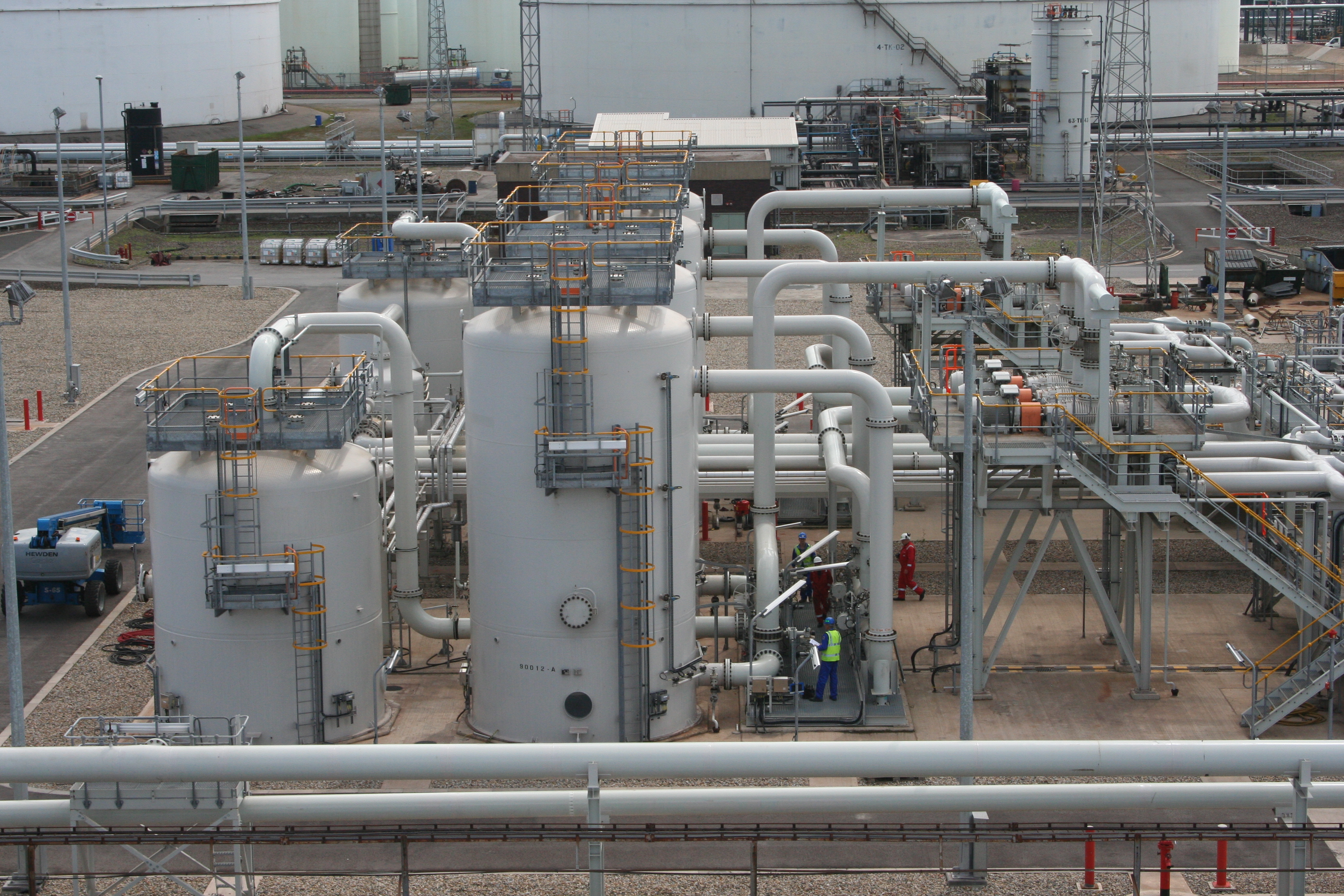
Major environmental impact reduction project for oil terminal
As crude oil is loaded onto tankers at the North Sea Petroleum terminal, volatile organic compounds (VOCs) are emitted. The facility we supplied captures VOCs, preventing hydrocarbon releases to the environment
Key Benefits
Awards
FEED ‘Best in vlass’ by independent audit RoSPA Gold award
Exceeded emissions recovery target of 85% for non-methane volatile organic compounds
World’s largest operational carbon bed vapour recovery plant
Reduced environmental impact for North Sea Petroleum Terminal
We completed a Front End Engineering Design (FEED) and supplied detailed Engineering, Procurement, Construction and Project Management (EPCm) for the VOC recovery project at ConocoPhillips’ North Sea Petroleum Terminal in Teesside, UK. In addition we completed the commissioning of the plant to bring it to an operational state on behalf of ConocoPhillips.
Throughout the FEED and EPCm work we kept modular construction at the forefront of our design to ensure that the on-site disruption and safety implications of constructing on a live COMAH site were minimised.
We designed, constructed and commissioned the vapour collection and vapour transportation facilities for each of the five jetties and for the two vapour recovery unit trains which included vacuum pumps, guard beds, absorber columns and new firewater system.
The two vapour recovery unit trains are able to process 16,000 m3/h of hydrocarbon rich vapour, enough to treat the vapour released from two oil tankers being loaded simultaneously.

ConocoPhillips’ Management Safety, Health and Environmental Review has identified the project as providing a leading example of best practice in the promotion of a positive and successful HSE culture
Contact and social
Energy
